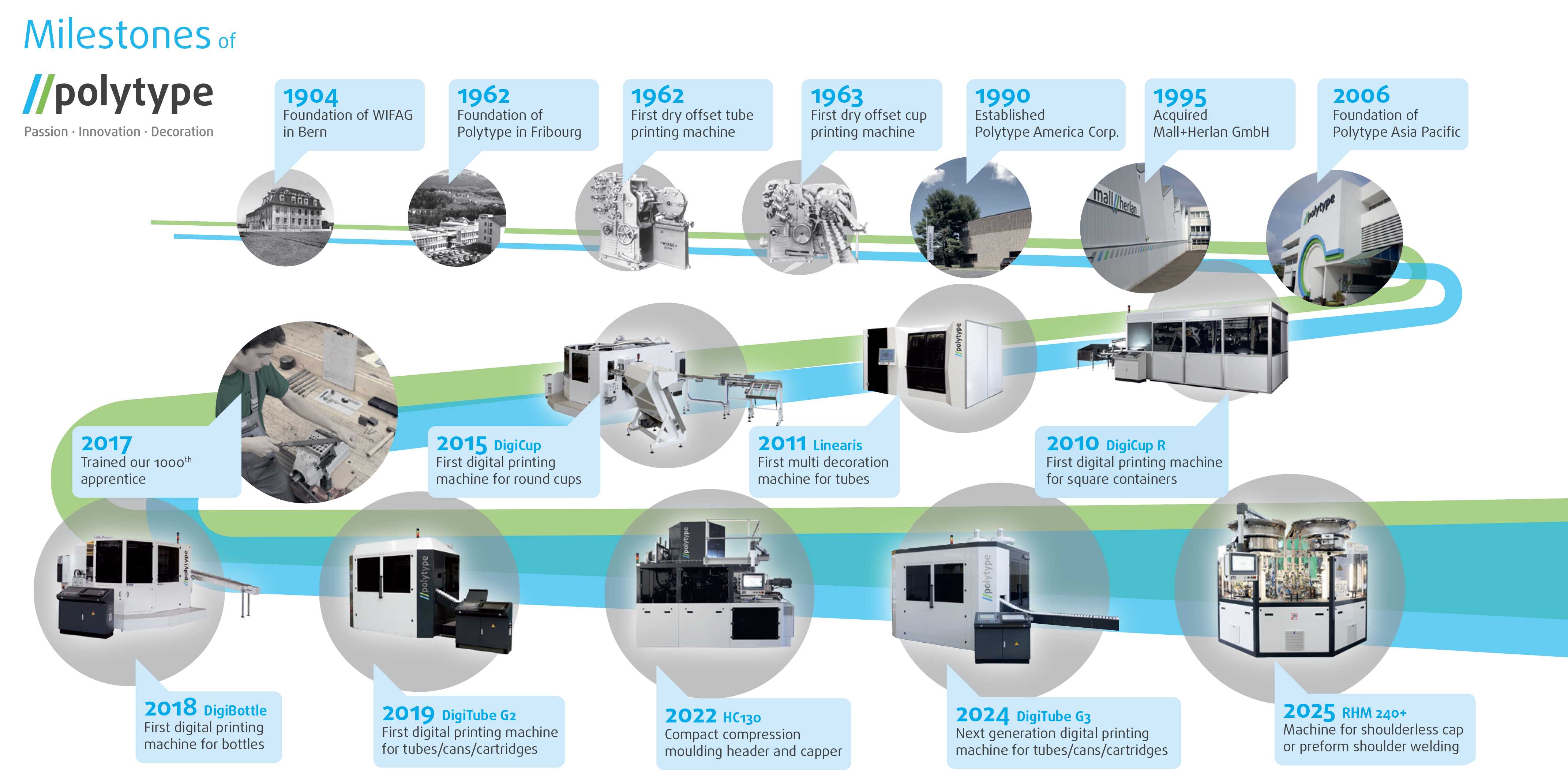
Marked by decisive political, economic and social turning points in Switzerland, Polytype’s history mirrors the development of the Swiss precision industry. As an indirect offshoot of WIFAG, a Bern-based company specializing in newspaper printing machines, Polytype was born of several decisive factors that coincided in Fribourg in the 1950s-1960s. At that time, the Swiss peasantry, mostly made up of very small farms, was gradually renewing itself in the industrial sector.
This new workforce became workers to keep pace with and support the economic and social developments of the time, and joined Polytype, which was officially founded in 1962. The year in which the company marketed its first tube printing machine with its historic dry offset printing technology. The following year, Polytype strengthened its industrial position with the launch of an innovative cup printing machine.
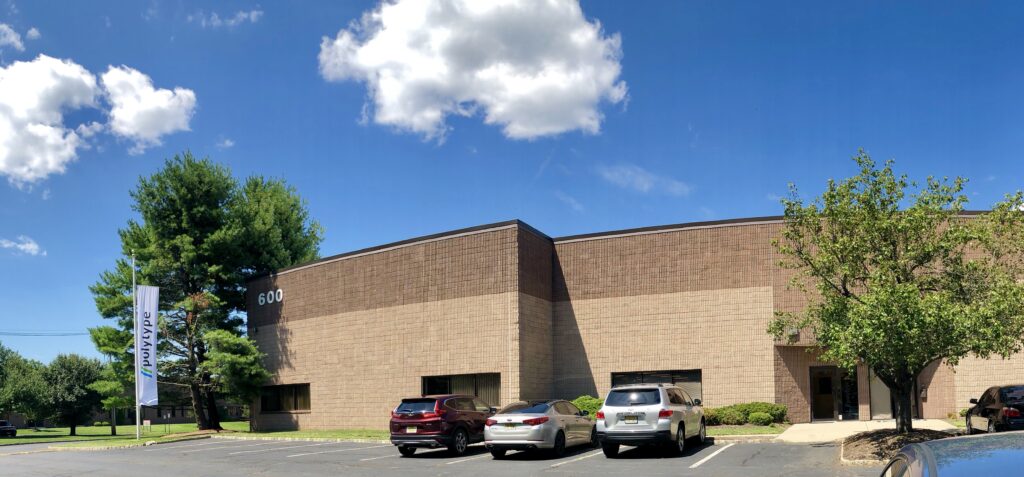
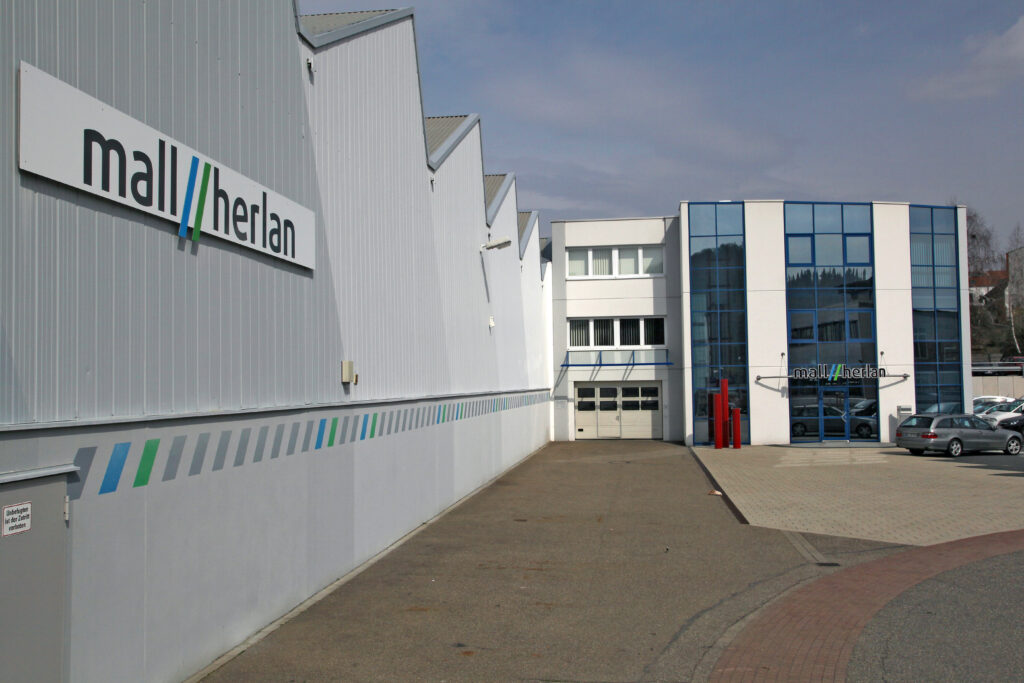
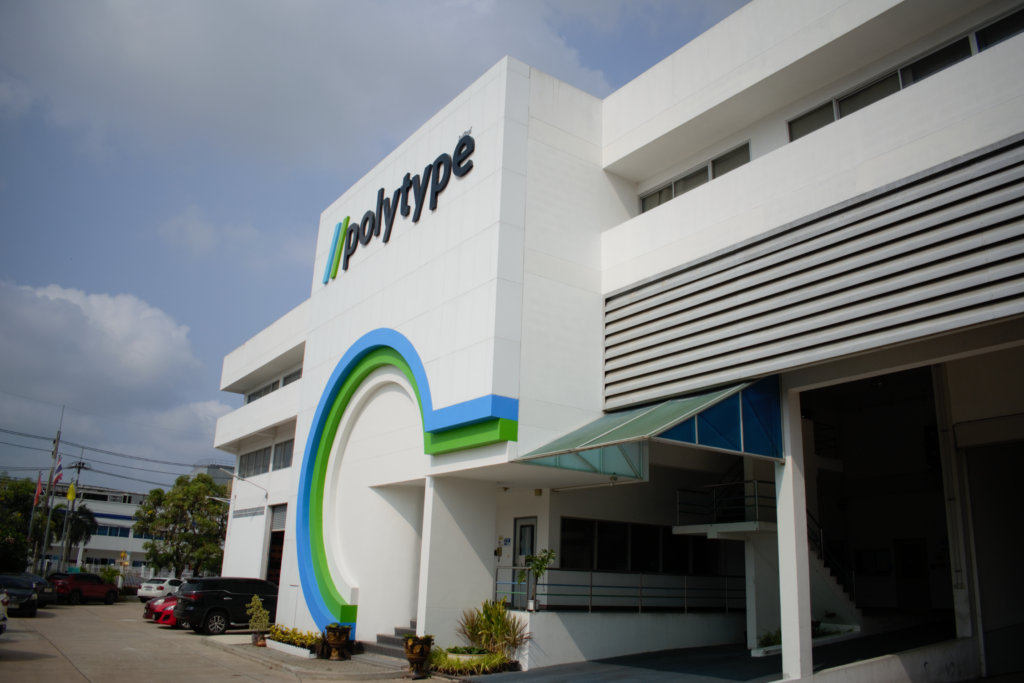
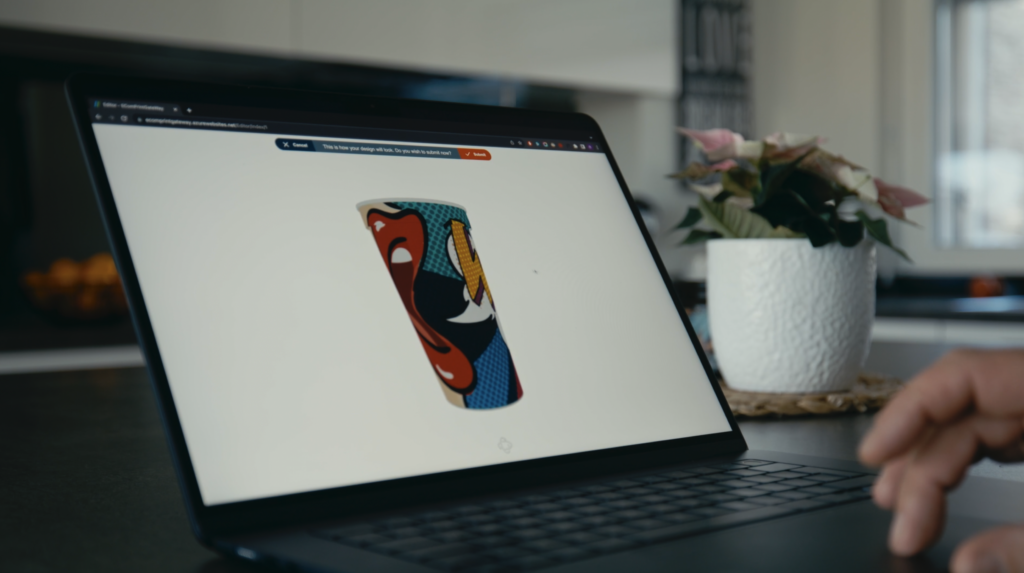


Welcome to a world of exciting possibilities at Polytype! We believe in fostering a dynamic and inclusive workplace where talent thrives, innovation sparks, and careers flourish.
Ready to get in touch? Whether you have questions, feedback, or partnership inquiries, we’re here to listen. Reach out to us through the options below, and let’s start a conversation that leads to possibilities.
Dive into the world of insights and stories surrounding Polytype. Download articles, press releases, and media features that capture the essence of our journey, innovations, and impact. Stay informed and inspired with our media resources.